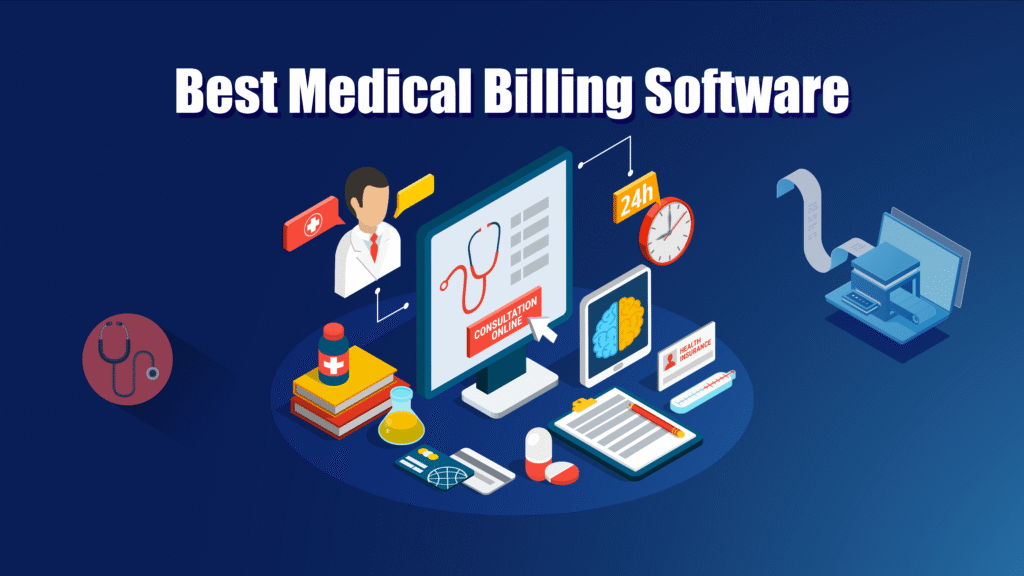Medical billing software is an essential tool for healthcare providers, simplifying the process of billing and coding for patient services. With increasing administrative demands and the complexity of healthcare reimbursement, medical billing software has become crucial in ensuring accuracy, efficiency, and compliance with industry regulations. This article will explore the importance of medical billing software, factors to consider when selecting the right software, and the top 20 medical billing software solutions available today.
What is Medical Billing Software?
Medical billing software is a type of application designed to streamline and automate healthcare facilities’ billing and claims processes. It helps healthcare providers accurately submit claims to insurance companies, track payments, and handle patient billing. These software solutions can generate invoices, manage payment collections, and help ensure that providers are reimbursed correctly for services rendered.
By automating the billing process, medical billing software reduces human error, enhances efficiency, and ensures that healthcare providers comply with the ever-evolving regulations in the healthcare industry. This technology is especially helpful for medical practices, hospitals, and clinics dealing with insurance companies, Medicare, Medicaid, and private payers.
What is the Difference Between RCM Software and Medical Billing Software?
RCM (Revenue Cycle Management) and medical billing are often used in the same way, but they are a little different. The revenue cycle includes all the steps before, during, and after a patient’s visit that impact a practice’s ability to get paid. RCM is all about improving this process, starting when a patient books an appointment and ending when the final bill is paid.
Medical billing, on the other hand, focuses on collecting payments from patients and insurance companies (like Blue Cross) or government programs (like Medicaid). It’s about making sure that medical claims are prepared correctly to avoid payment delays. Medical billing is an important part of the revenue cycle.
So, what’s the difference between medical billing software and RCM software? Medical billing software is used by a medical biller to handle patient billing and payments. RCM software includes all the features of medical billing software but also has advanced tools that help a financial manager track and improve the overall financial health of the practice.
What Are the Factors to Consider When Choosing Medical Billing Software?
When selecting medical billing software, it’s important to consider several factors to ensure the software meets the specific needs of your practice. Here are some critical elements to evaluate:
- Ease of Use: The software should have an intuitive user interface that minimizes the learning curve for your team.
- Compliance and Security: Healthcare data is highly sensitive. Choose software that complies with HIPAA (Health Insurance Portability and Accountability Act) and other regulatory standards to ensure patient privacy and data security.
- Integration Capabilities: The software should seamlessly integrate with your existing Electronic Health Record (EHR) system, practice management tools, and other software used in your office.
- Customization and Flexibility: Ensure that the software is flexible enough to meet the specific needs of your practice, whether it’s for a small clinic or a large hospital.
- Customer Support: Choose a vendor with reliable customer support to assist with any issues, updates, or troubleshooting that might arise.
- Pricing Structure: Compare pricing models (e.g., subscription-based or one-time fees) to find a solution that fits your budget while offering all the necessary features.
How to Choose the Best Medical Billing Software
Choosing the best medical billing software involves evaluating various options and selecting one that suits your practice’s size, type, and billing needs. Here are the steps to guide you through the decision-making process:
Assess Your Needs
Begin by assessing your practice’s needs. Consider the size of your practice, the volume of claims processed, the complexity of your billing processes, and the types of patients you serve (e.g., private insurance, government payers).
Evaluate Features
Make a list of essential features that you need from the software, such as claim creation, payment tracking, compliance management, reporting capabilities, and integration with EHR systems.
Check Compatibility
Ensure that the software integrates smoothly with your current systems, especially your EHR and patient management systems.
Request Demos
Most medical billing software vendors offer free trials or demos. Take advantage of these to explore the interface, test key features, and assess whether the software meets your expectations.
Review Vendor Reputation
Look for reviews, testimonials, and case studies to understand the reputation of the vendor and the software’s reliability.
Consider Cost vs. Benefit
Weigh the cost of the software against its features and benefits. A higher price might be justified if it provides essential features that increase your practice’s efficiency and revenue cycle management.
List of the 20 Best Medical Billing Software
Here is a list of the 20 best medical billing software solutions available today, each offering unique features to help streamline the billing process in healthcare settings:
- Kareo Billing
- AdvancedMD
- DrChrono
- PracticeSuite
- Practice EHR
- CentralReach
- CureMD
- eClinicalWorks
- Nextech EMR
- Athenahealth
- NextGen Healthcare
- ChartLogic
- CareCloud
- RXNT
- Oasis Medical
- InstaMed
- Medical Office Online
- Care360
- ZirMed
- Medisoft
1. Kareo Billing
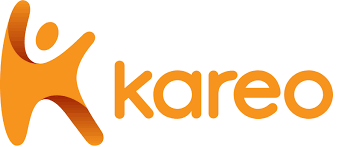
Kareo Billing is an ideal solution for small to mid-sized medical practices. This software offers an easy-to-use interface, making it a favorite for healthcare providers with limited resources. Key features include billing, insurance verification, and reporting tools that enhance the accuracy of claims submission and payment collection. It also offers strong customer support and is HIPAA-compliant, ensuring secure handling of patient data.
2. AdvancedMD

AdvancedMD is a comprehensive practice management solution that includes robust billing and scheduling features. This cloud-based software is known for its integrated system, allowing practices to handle billing, patient communication, and scheduling in one place. Its customizable billing workflow helps practices manage claims and payments effectively, while its reporting features offer detailed insights into financial health.
3. DrChrono
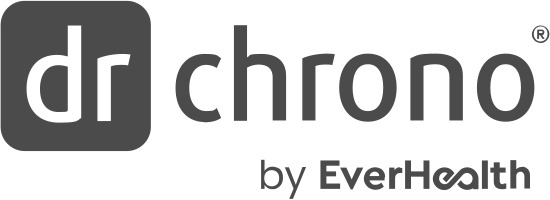
DrChrono offers a cloud-based solution that integrates medical billing, Electronic Health Records (EHR), and scheduling into a single platform. This makes it a great choice for practices of all sizes. DrChrono is customizable and user-friendly, providing tools that allow for easy claim submission, payment processing, and billing management, as well as integration with other healthcare systems.
4. PracticeSuite

PracticeSuite is a versatile medical billing solution designed to support the needs of different healthcare settings. This platform offers features such as claim management, revenue cycle management, and real-time reporting, allowing healthcare providers to streamline their billing processes and improve the efficiency of their practice. PracticeSuite’s scalable solutions make it suitable for both small and larger practices.
5. Practice EHR

6. CentralReach

7. CureMD
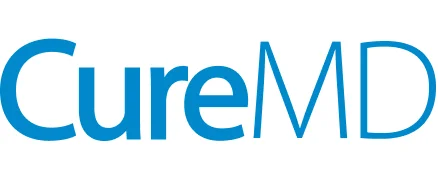
8. eClinicalWorks
![]()
eClinicalWorks is a robust solution offering integrated billing and EHR management tools. It provides real-time claim tracking, insurance verification, and automated billing features. eClinicalWorks is designed for practices of all sizes, offering scalable solutions that enhance efficiency and ensure accurate billing processes. The software also features robust reporting capabilities for better financial management.
9. Nextech EMR

10. Athenahealth

Athenahealth is a cloud-based platform that offers a complete solution for billing, scheduling, and EHR management. Known for its user-friendly interface, Athenahealth helps practices automate billing processes, submit claims, and track payments efficiently. The platform’s cloud-based nature allows for easy access from anywhere, making it a great choice for modern healthcare providers.
11. NextGen Healthcare
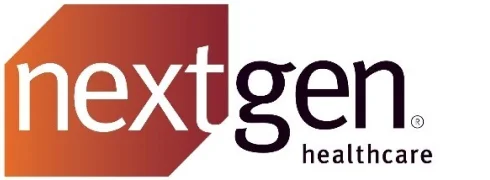
NextGen Healthcare is a powerful software solution offering customizable billing and reporting tools for various types of healthcare providers. It includes features for patient scheduling, medical claims submission, and revenue cycle management. The platform is known for its adaptability, allowing providers to tailor its features to their specific needs.
12. ChartLogic

13. CareCloud

CareCloud offers a customizable, cloud-based platform that includes billing features along with EHR and practice management solutions. Its billing system is designed to streamline payment collection, reduce claim denials, and improve revenue cycle management. CareCloud integrates seamlessly with other healthcare systems, ensuring efficient workflow across different platforms.
14. RXNT
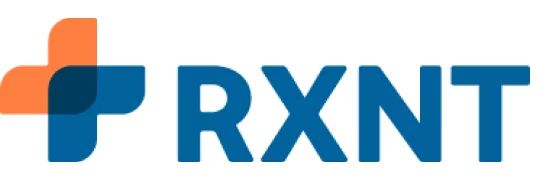
15. Oasis Medical

Oasis Medical offers medical billing tools focused on streamlining claims management, accounts receivable, and patient billing workflows. This software is ideal for practices that want to reduce the time spent on manual billing tasks. Oasis Medical’s platform also includes advanced reporting features to provide insights into a practice’s financial health.
16. InstaMed
InstaMed is known for its secure, HIPAA-compliant billing software. It provides payment processing and billing management tools to help healthcare providers improve their revenue cycle. InstaMed’s platform is ideal for practices that need a secure and efficient way to handle billing and patient payments, with a strong emphasis on compliance.
17. Medical Office Online
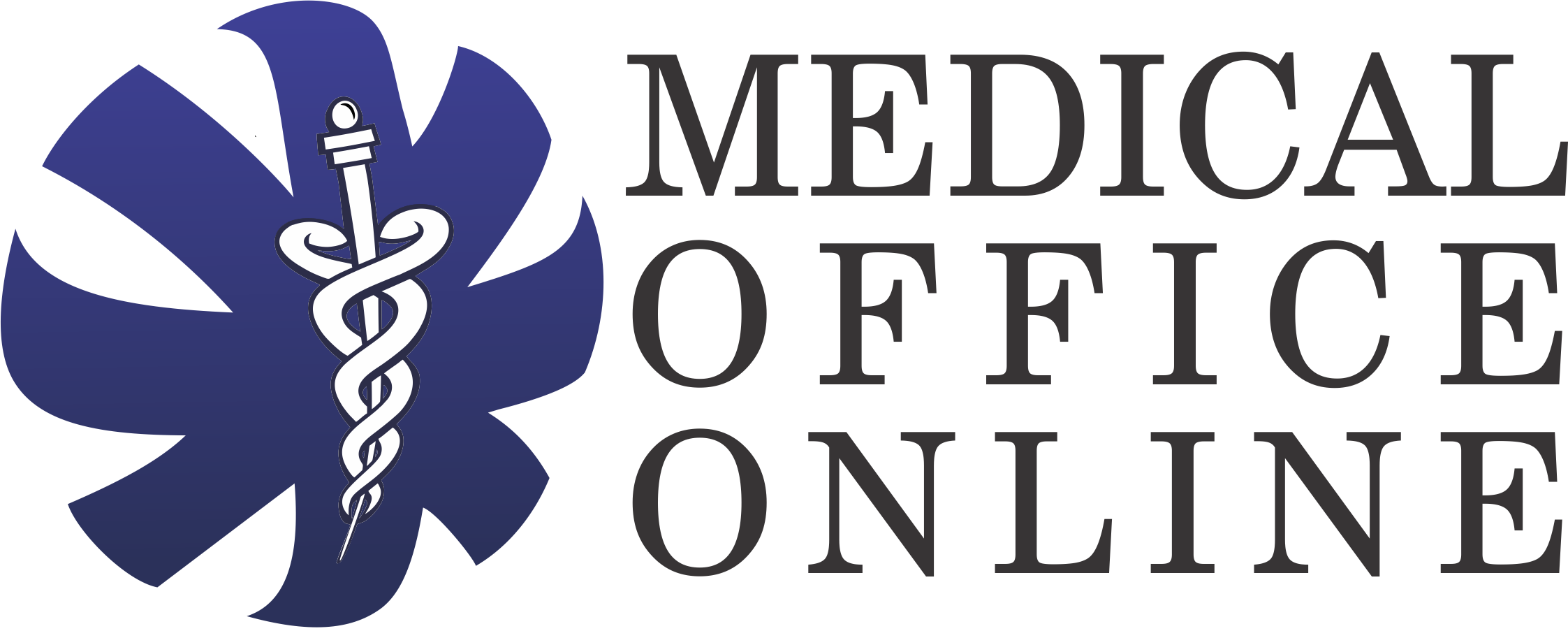
Medical Office Online is a cloud-based medical billing solution that offers features such as billing, claims management, and customizable reporting tools. This platform helps practices improve billing accuracy and efficiency, allowing them to reduce administrative overhead and enhance their financial performance.
18. Care360
Care360 is a medical billing software developed by Quest Diagnostics. It integrates well with EHR systems, allowing for easy claim submissions and management of patient information. Care360 is designed to help practices optimize their revenue cycle management through efficient billing tools and reporting features.
19. ZirMed
ZirMed offers a suite of medical billing and revenue cycle management tools for healthcare providers. It includes advanced analytics and reporting features to help practices improve their billing processes and track financial performance. ZirMed’s platform is suitable for both small and large healthcare providers.
20. Medisoft
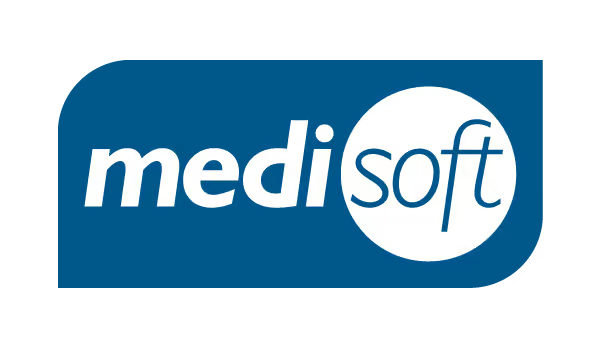
Medisoft is a reliable medical billing solution that offers patient scheduling, billing management, and patient statement generation. It is suitable for small to mid-sized practices looking for a comprehensive and easy-to-use billing solution. Medisoft helps practices streamline their billing processes, ensuring accurate claims submission and improved payment collection.
Conclusion
Choosing the best medical billing software is crucial for ensuring that your healthcare practice remains efficient, compliant, and financially stable. With a wide range of software solutions available, each offering different features and pricing models, it’s essential to assess your practice’s specific needs and requirements before making a decision. By considering factors like ease of use, compliance, integration, and cost, you can select a medical billing software that enhances your workflow and maximizes revenue cycle management.
Frequently Asked Questions (FAQs)
What is the primary function of medical billing software?
The primary function of medical billing software is to automate and streamline the process of submitting and tracking medical claims, billing patients, and managing payments.
How can medical billing software help with insurance claims?
Medical billing software helps create accurate insurance claims, submit them to insurers, and track their status, reducing the chances of errors and delays in reimbursement.
Are there any free medical billing software options available?
Yes, some software solutions offer limited free versions or free trials. However, for comprehensive features, a paid version is often necessary.
How does medical billing software integrate with EHR systems?
Many medical billing software systems integrate seamlessly with EHR systems, allowing for the transfer of patient data and medical codes directly into the billing process, saving time and reducing errors.
How much does medical billing software cost?
The cost of medical billing software varies depending on the provider and features offered. Prices can range from $50 to $500 per month, or some offer a one-time licensing fee. It’s important to compare costs based on the features that suit your practice.
